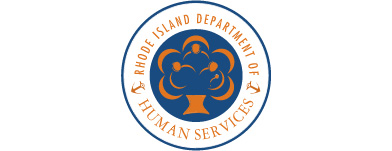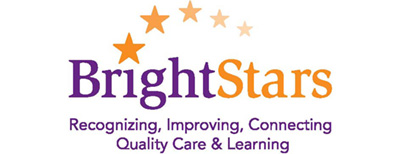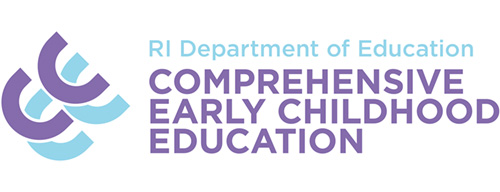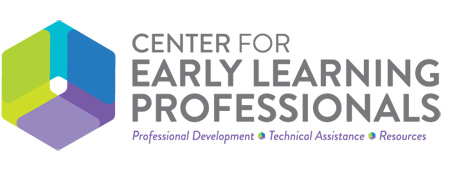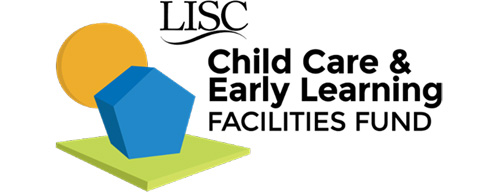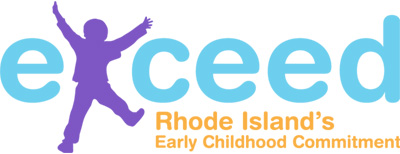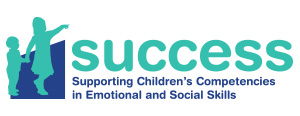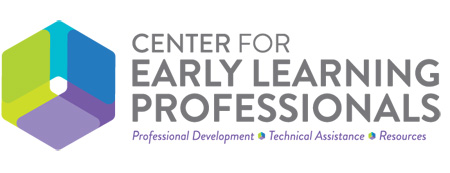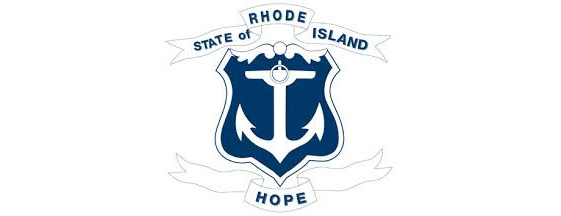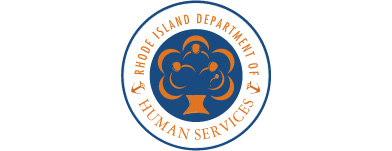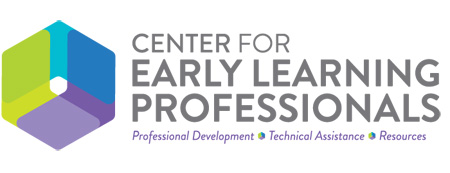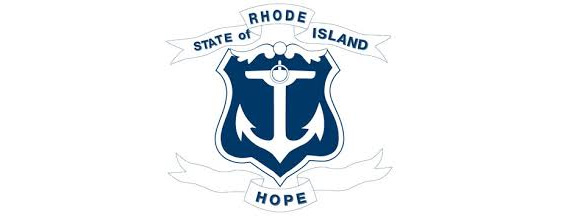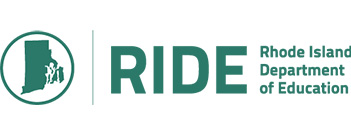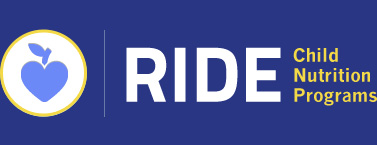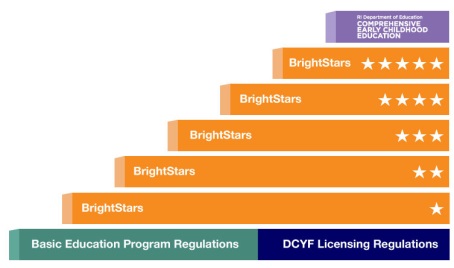
Rhode Island’s Program Quality Continuum
DHS, BrightStars and RIDE revised and aligned regulations and standards to create a logical pathway for continuous program improvement. The Quality Continuum for early childhood education programs begins with the foundational requirements of DHS licensing/BEP regulations. As programs make quality improvements they move up through the 1-5 Star BrightStars rating process. The highest bar in the quality continuum for preschool and kindergarten programs is approval under RIDE’s 2013 CECE Standards for Approval. Learn More...


